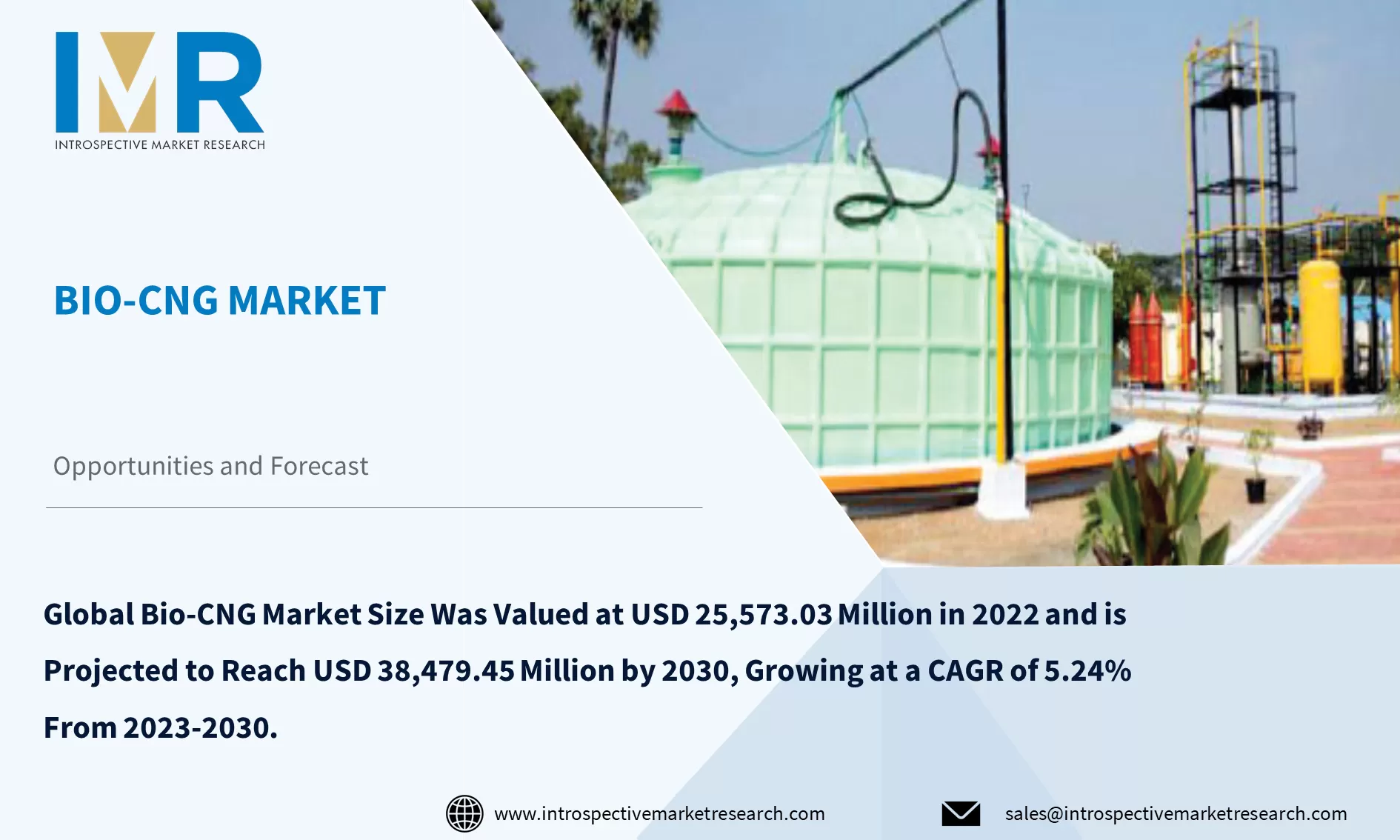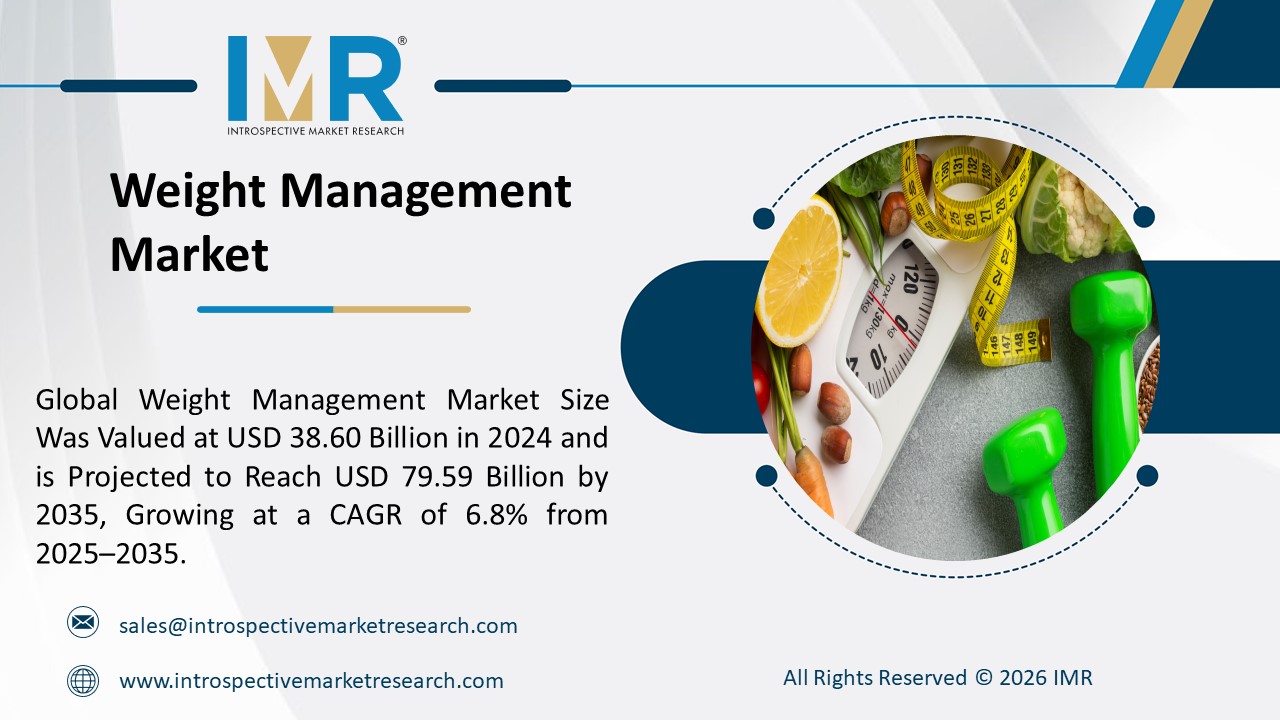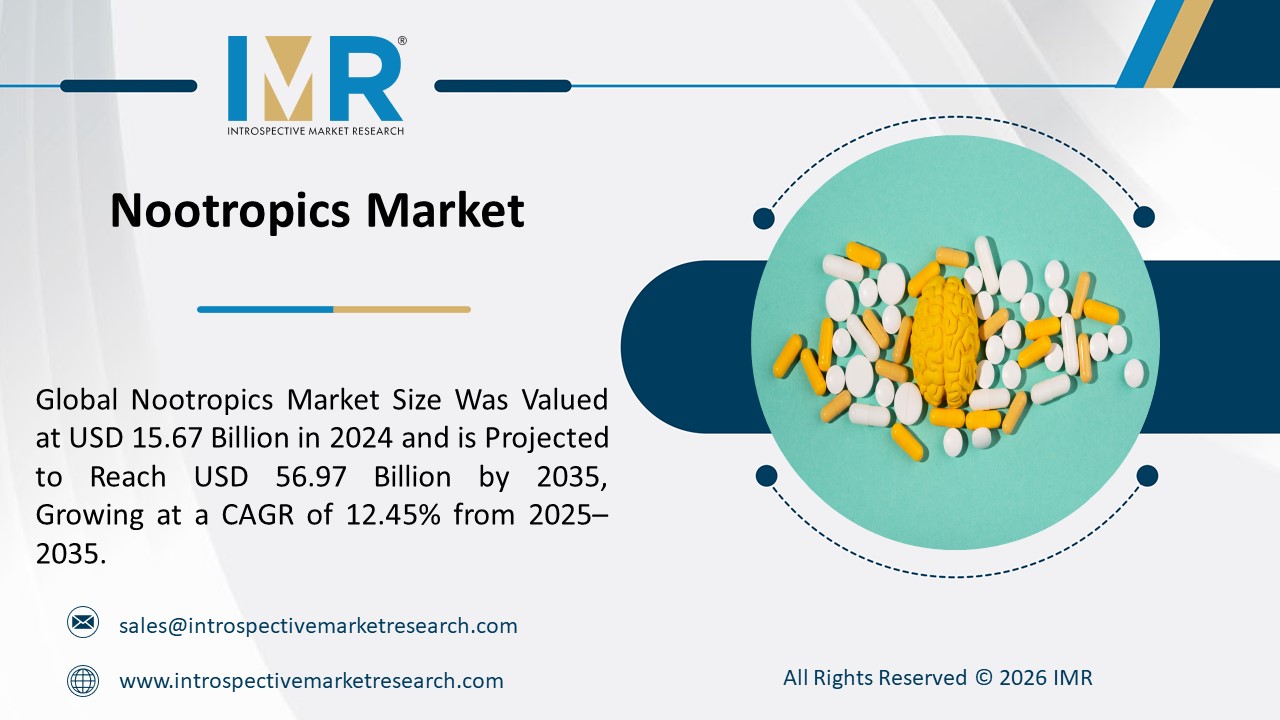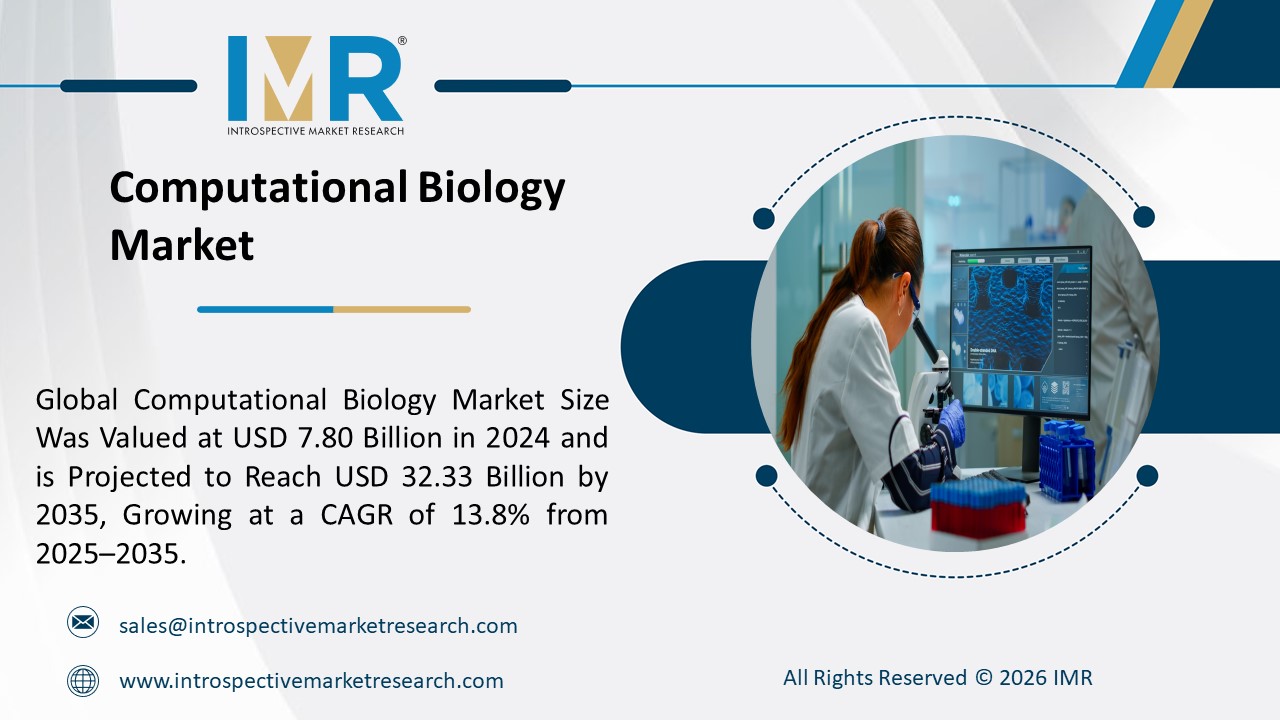Market Overview:
Global Bio-CNG Market Size Was Valued at USD 25,573.03 Million in 2022 and is Projected to Reach USD 38,479.45 Million by 2030, Growing at a CAGR of 5.24% From 2023-2030.
Bio-CNG, or Bio-Compressed Natural Gas, is a renewable and sustainable alternative fuel derived from organic materials through anaerobic digestion. Microorganisms break down organic matter, such as agricultural residues and food waste, to produce biogas rich in methane. This biogas is purified and compressed to create Bio-CNG, a clean and eco-friendly fuel suitable for various applications. Bio-CNG is primarily used in the transportation sector as a green fuel for vehicles, such as buses, trucks, and cars, and in the industrial sector for heating and power generation. in the Bio-CNG market show a growing emphasis on waste-to-energy solutions, with increased investments in anaerobic digestion technology. Governments and industries worldwide are recognizing the importance of transitioning to cleaner energy sources, driving the adoption of Bio-CNG. Advancements in production technologies and high-performance Bio-CNG engines contribute to its increasing popularity.
Top Key Players Covered in The Bio-CNG Market:
- Clean Energy Fuels (U.S.)
- Verbio SE (Germany)
- Shell (Netherlands)
- Neste (Finland)
- Biokraft International AB (Sweden)
- IndianOil-Adani Gas Pvt. Ltd. (IOAGPL) (India)
- Green Elephant (India)
- Carbon Masters India Pvt (India), and Other Major Players
Market Dynamics and Factors:
The Bio-CNG market is gaining momentum due to the growing global focus on environmental sustainability and carbon emissions reduction. Anaerobic digestion of organic waste produces Bio-CNG, a cleaner and renewable alternative to traditional fossil fuels, thereby aligning with the environmental goals. Government support and favorable policies are driving the Bio-CNG market, with incentives, subsidies, and regulatory frameworks implemented worldwide to encourage renewable energy adoption, creating a favorable environment for investments in Bio-CNG production and infrastructure. Additionally, the rising volatility in traditional fuel prices contributes to the demand for Bio-CNG. Businesses and consumers seek stable and cost-effective energy sources, driving interest in sustainable alternatives like Bio-CNG.
The Bio-CNG market presents opportunities for global expansion, as regions integrate it into their energy mix, and technological advancements in production and purification processes offer improved efficiency and cost-effectiveness. The integration of Bio-CNG into transportation, particularly fleet conversion, presents a significant opportunity for collaborations across sectors like waste management and energy, ensuring sustainable feedstock supply and comprehensive value chains. the Bio-CNG market is poised for growth, driven by environmental concerns, government support, fuel price dynamics, and technological advancements. Opportunities lie in expanding globally, advancing technology, and fostering collaborations that contribute to the sustainable development of this renewable energy source. The Bio-CNG market is expected to grow due to environmental concerns, government support, fuel price dynamics, and technological advancements, offering opportunities for global expansion, technology advancement, and sustainable renewable energy development.
The Bio-CNG Market Report Highlight:
- By Feedstock, the growth of the Bio-CNG market will be driven by the Municipal Solid Waste segment, due to its focus on waste management and sustainability, encouraging the use of organic waste like food scraps and agricultural residues as feedstock, and its consistent availability of feedstock.
- By Technology, the Anaerobic Digestion segment is expected to be the key driver of growth in the Bio-CNG market. due to its efficient and versatile method of breaking down organic materials into methane-rich biogas. It is widely adopted due to its compatibility with various organic waste sources and environmental sustainability.
- By Region, The Asia Pacific region is anticipated to have the highest share of the Bio-CNG market over the forecasted period to its growing population, urbanization, and waste generation. Governments are investing in cleaner energy alternatives, driven by supportive policies like those implemented by India and China, promoting sustainable biofuel production.
Key Industry Development:
- In April 2023, Mercuria acquired UK-based Roadgas. Mercuria Clean Energy Investments B.V. ("MCEI") and Pretoria Energy Group ("Pretoria") announce the acquisition of the entire share capital of Nottingham-based Roadgas Limited ("Roadgas"). Roadgas owns and operates several bio-CNG and bio-LNG stations in the United Kingdom, and the acquisition will provide a new gas-fueling partner for fleet managers looking to decarbonize their operations.
- In October 2022, Verbio SE launched its first and India?s largest BioCNG plant in Punjab, producing compressed biogas (CBG/BioCNG) from agricultural residues, primarily paddy stubble normally burnt by farmers after the paddy harvest. This is the first, largest, and only plant of its kind in India, as well as in Asia. It will consume 100,000 tonnes of agricultural residues per year and will have a production capacity of 33 TPD (tonnes per day) of BioCNG (CBG) and 650 TPD (tonnes per day) of bio-manure.
The Bio-CNG Market Segmentation:
By Feedstock
- Livestock Manure
- Sewage Sludge
- Crop Residues
- Energy Crops
- Municipal Solid Waste
By Technology
- Anaerobic Digestion
- Gasification
- Pyrolysis
By Application
- Transportation
- Power Generation
- Commercial
- Industrial
By Distribution Mode
- Pipeline Injection
- Compressed Natural
- Liquified Natural Gas
For this report, Introspective Market Research has segmented the Bio-CNG Market based on region:
Regional Outlook (Revenue in USD Million; Volume in Units, 2023-2030)
North America
- The U.S.
- Canada
- Mexico
Eastern Europe
- Russia
- Bulgaria
- The Czech Republic
- Hungary
- Poland
- Romania
- Rest of Eastern Europe
Western Europe
- Germany
- UK
- France
- Netherlands
- Italy
- Spain
- Rest of Western Europe
Asia Pacific
- China
- India
- Japan
- Singapore
- Australia
- New-Zealand
- Rest of APAC
Middle East & Africa
- Turkey
- Saudi Arabia
- Qatar
- UAE
- Israel
- South Africa
South America
- Brazil
- Argentina
- Rest of SA






